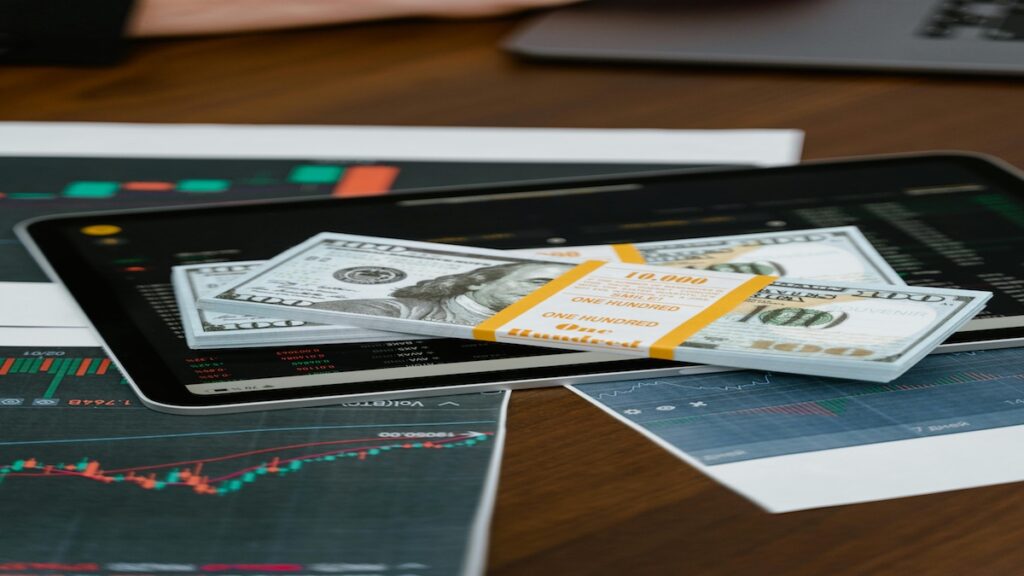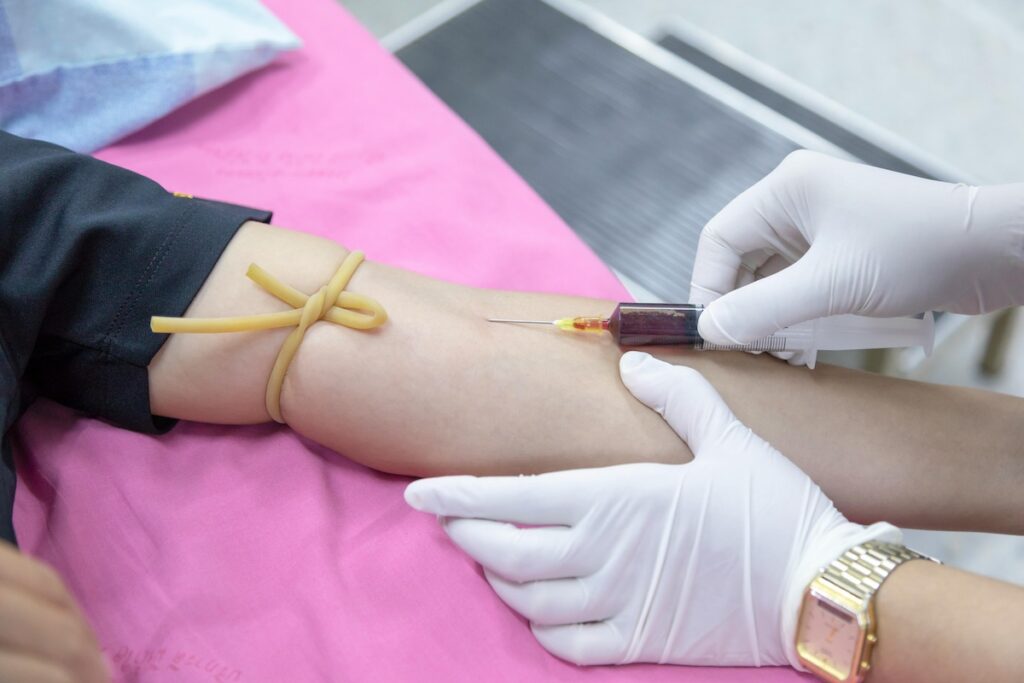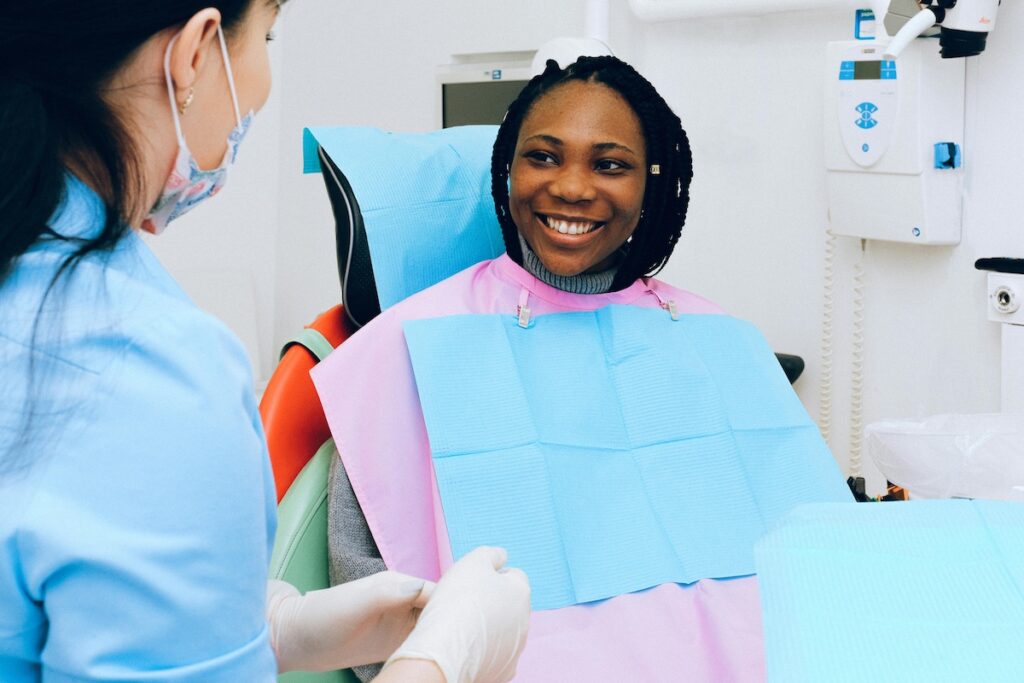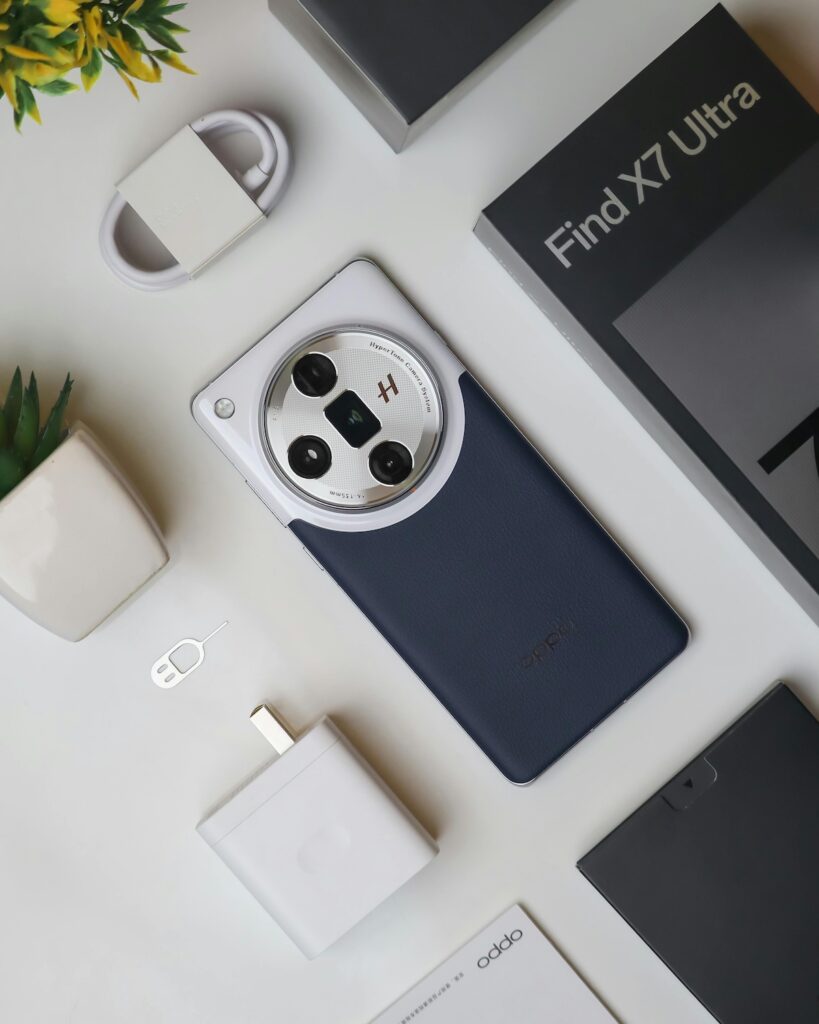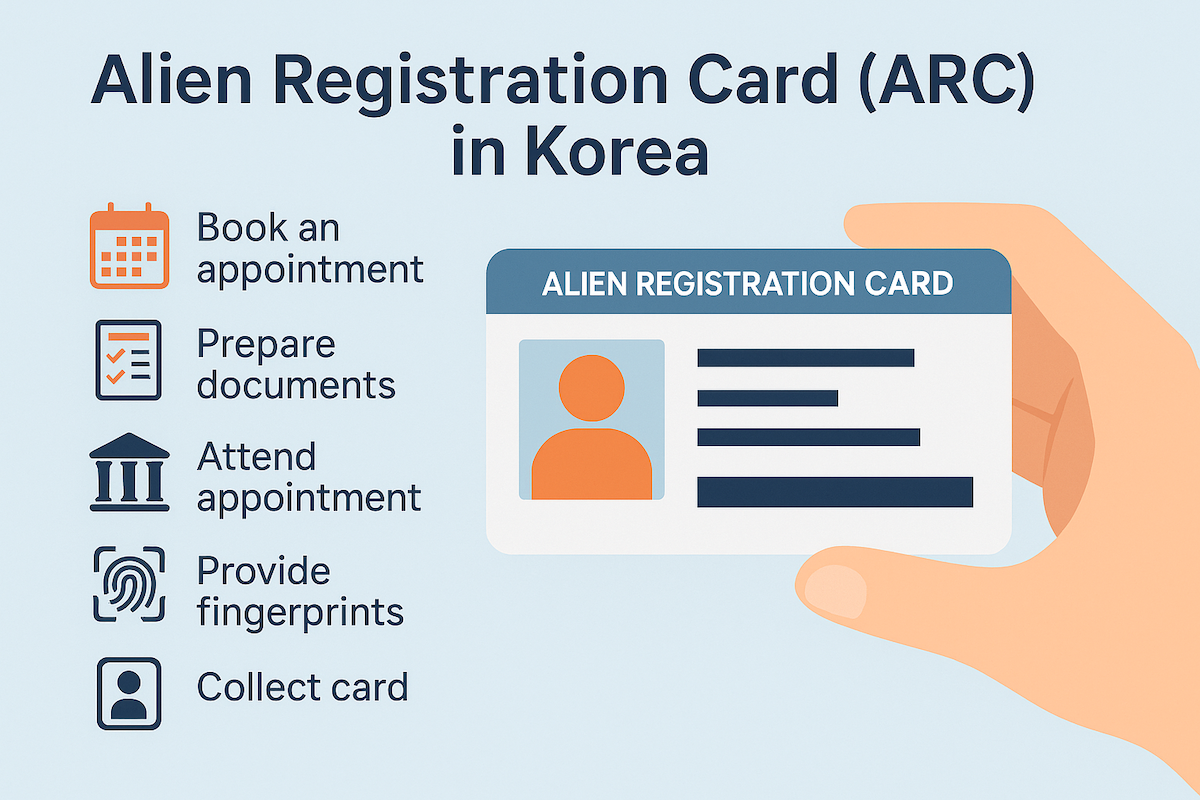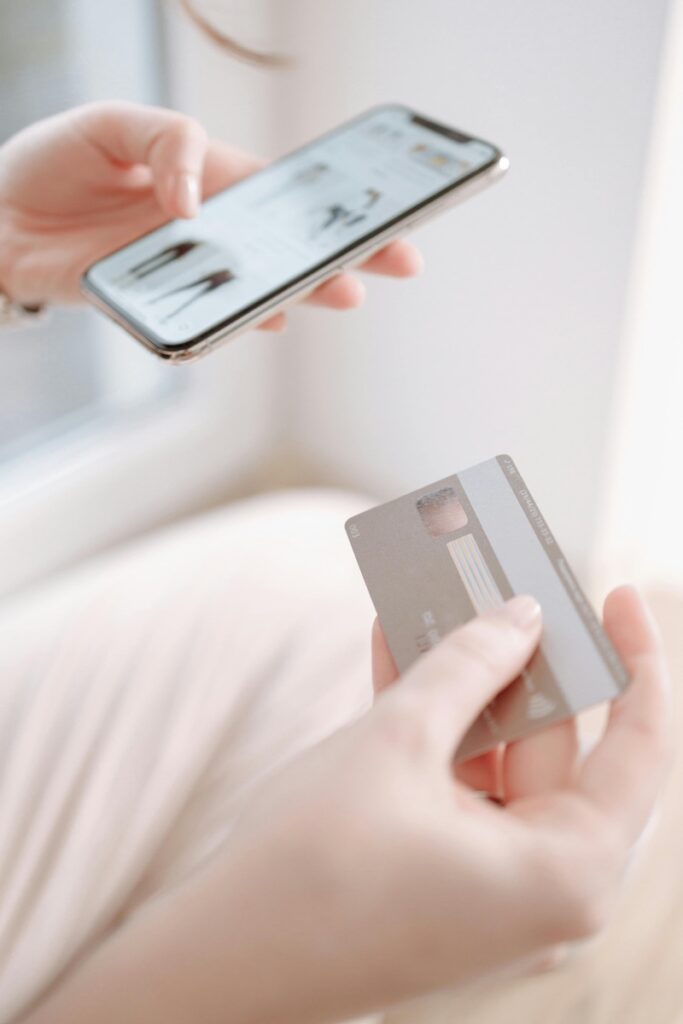
✨ Introduction
For foreigners arriving in South Korea, one of the first financial steps is opening a bank account and getting a check card (체크카드)—what many other countries call a debit card.
Unlike a credit card, which requires credit history and approval, a check card is issued more easily and is directly linked to your Korean bank account. It’s an essential tool for:
- Everyday purchases (convenience stores, supermarkets, cafés)
- Online shopping on Korean websites
- Subway, bus, and taxi payments (via T-money integration)
- Receiving salaries, allowances, or remittances
This guide will walk you through everything you need to know in 2025: how to apply, required documents, which banks are foreigner-friendly, and how to maximize daily use.
🏦 1. What Is a Check Card in Korea?
- Definition: A check card is a debit card tied to your bank account. Purchases are deducted instantly.
- Difference from Credit Card:
- No monthly billing → money is taken right away.
- No credit check required.
- Easier for foreigners, including students and short-term residents.
👉 In Korea, people use the word “체크카드 (check card)” interchangeably with debit card.
📑 2. Who Can Apply for a Check Card?
Almost all foreigners in Korea can apply if they meet these conditions:
- Alien Registration Card (ARC) with at least 3–6 months of validity remaining
- Passport for identity verification
- A Korean address (often verified through ARC)
- Phone number (sometimes required for online banking connection)
Unlike credit cards, check cards are available to:
- Students (D-2 visa)
- English teachers (E-2 visa)
- Workers (E, F visas)
- Long-term visitors (F-series residency visas)
👉 Tourists (C-3 visa) usually cannot open an account or get a check card.
📋 3. Required Documents
When applying at a bank branch, prepare:
- Alien Registration Card (ARC)
- Passport
- Phone number in Korea (sometimes optional, but helpful for mobile banking setup)
- Proof of Residence (rarely requested, but sometimes needed for address confirmation)
💡 Students may need certificate of enrollment if they don’t yet have regular income.
💳 4. Which Banks Are Foreigner-Friendly?
4.1 KB Kookmin Bank (KB국민은행)
- Large network nationwide
- English banking services at major branches
- Simple check card application for students & workers
4.2 Shinhan Bank (신한은행)
- Known for strong English support
- Check cards usable with global brands (Visa, MasterCard)
- Good online banking integration
4.3 Woori Bank (우리은행)
- Offers easy student banking packages
- Convenient check card issuance for exchange students
4.4 Hana Bank (하나은행)
- Popular with foreign workers sending remittances abroad
- Multi-currency accounts available
4.5 Nonghyup (농협)
- Accessible in rural areas
- Friendly for short-term residents needing simple account services
👉 Tip: If you need frequent English support, stick with Shinhan or KB.
🛠 5. How to Apply for a Check Card (Step-by-Step)
- Visit the Bank – Go to a major branch (Seoul, Busan, Incheon have English desks).
- Take a Number Ticket – Banks operate by queue system.
- Submit ARC and Passport – Staff will verify your identity.
- Fill Out Forms – Mostly in Korean, but staff can help.
- Choose Card Type – Visa, MasterCard, or domestic-only card (국내전용).
- Collect Card – Issued immediately or mailed in 3–7 days.
💡 Pro Tip: Request an international Visa/Master check card if you plan to use it abroad or for international online shopping.
🚇 6. Everyday Uses of Check Cards
- Transportation: Almost all check cards double as T-money transit cards → just tap at subway/bus gates.
- Convenience Stores & Cafés: Universally accepted at GS25, CU, Starbucks, Paris Baguette, etc.
- Supermarkets: E-Mart, Lotte Mart, and Homeplus accept check cards without issue.
- Online Shopping: Gmarket, Coupang, 11st, and Naver Shopping all accept check cards.
- Hospital & Pharmacies: Easily pay for medical visits and prescriptions.
⭐ 7. Benefits of Using Check Cards
- Instant Spending Control – Never worry about overspending.
- Discount Programs – Many banks link check cards to promotions (e.g., movie ticket discounts).
- ATM Access – Deposit and withdraw cash anywhere.
- Salary Deposits – Employers usually send monthly pay to your check card-linked account.
- Safety – If stolen, only available balance is at risk (unlike a credit card line of credit).
❌ 8. Limitations of Check Cards for Foreigners
- No Credit Building: Does not improve your Korean credit score.
- Deposit Required: You can only spend what’s in your account.
- Some Online Issues: Certain Korean websites require extra authentication that may work better with credit cards.
- Refund Delays: Online refund processing can take 3–5 business days.
💡 9. Phrases to Use at the Bank
- “체크카드 만들고 싶습니다.”
(I’d like to make a check card.) - “외국인인데 신청 가능합니까?”
(I’m a foreigner, is it possible to apply?) - “비자/마스터 기능 있는 카드로 주세요.”
(Please give me a card with Visa/Master function.)
🌍 10. For Students & Short-Term Residents
- Students can open accounts with minimal deposits.
- Many universities partner with banks for on-campus branches.
- If you stay less than 1 year, choose domestic check card for easy approval.
✅ Conclusion
Check cards (debit cards) are the most essential financial tool for foreigners in Korea.
- Easy to apply with just ARC and passport
- Accepted everywhere from subways to supermarkets
- Perfect for daily life, even if you don’t qualify for a credit card yet
By starting with a check card, foreigners can manage money effectively in Korea, then later transition to credit cards if desired.
